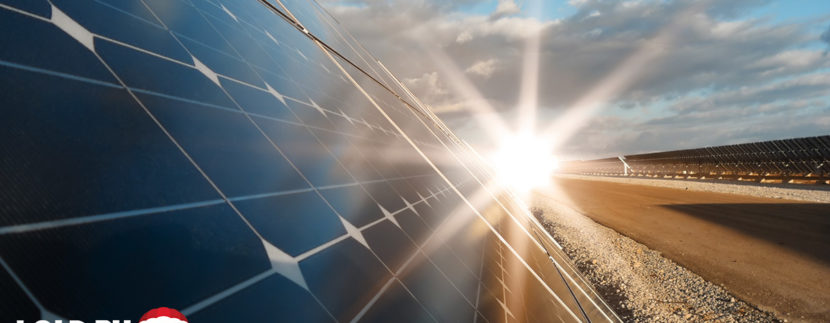How much money a homeowner can save with solar panels varies depending on a few factors:
- How much electricity the household uses
- How large or small the panels are
- How high or low the rates charged by a given utility
- How the roof is angled, and in what direction
Two things are certain: first of all, Hawaii enjoys ample sunshine throughout the year, even where weather is less predictable. Secondly, according to the United States Department of Energy, the prices of solar panel investment have steadily declined since 2009. Part of this reduction comes from government support, yes, but it also results from greater production and wider use.
How Do Solar Panels Work?
The panels that are likely seen atop houses in Oahu and throughout the state operate according to photovoltaics — and are commonly called PV panels. When sunlight hits the cells that compose the PV panels, it conveys photons which disperse over the surface of the panel thereby creating a field from which electricity is generated. The cells are made from silicon and are wedged among other materials for protection and stability.
Benefits of PV Panels
Solar panels will pay for themselves, and then some. The less energy purchased from a local utility equals more money in the homeowner’s pockets. There are environmental pluses, as well. Research indicates that carbon dioxide, nitrous oxide and methane–by-products of fossil fuel burning–have a damaging effect on climate. Regardless of where one stands on climate change, nevertheless, all can agree that less pollution in the atmosphere is better for public health.
To Lease or To Buy?
PV panels can be purchased or rented. Of course, the initial outlay for purchases will be higher. Yet the pros of doing so also outweigh the negatives. For one thing, the government affords tax incentives to those who buy their panels. With those factored in, panels can cost $15,000 to $20,000 overall, and pay for themselves within seven years, according to Consumer Reports. Leases, on the other hand, do not save that much in the long run and can ward off prospective buyers who do not want to assume the obligation. Meanwhile, a house with solar panels bought and paid for is appraised at a higher value. Buying a house with solar in Hawaii is investing in the future.


